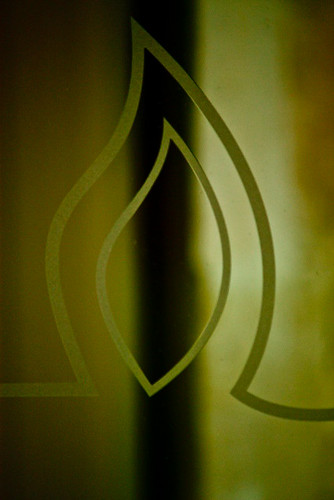Glory beckons;
Be humble at heart and graceful in your ways.
The moment will not be preserved in time's embrace forever,
But swept by its currents, a fragile memory, floating in eternity.
If you must vanquish others, deny not their inherent dignity.
Be humble at heart and graceful in your ways.
The moment will not be preserved in time's embrace forever,
But swept by its currents, a fragile memory, floating in eternity.
If you must vanquish others, deny not their inherent dignity.
Remember, only worthy adversaries make a worthy victory.
Failure beckons;
Be resilient and of indomitable faith.
Fail not your will to endure, to nurture hope and to dream again
No man won, or loved, who had never known the pain of loss,
Nothing beautiful, no precious ornament was ever crafted
But from melted, sawed, broken and worn out pieces
Happiness beckons;
Be thankful and generous in spirit.
Joy shall be yours, but not always or for your own keeping,
So share also in the joy of others, and yours with them.
Partake of their laughter and make it yours sincerely,
So that your heart may always be adorned with a smile.
Opportunity beckons;
Be perceptive and decisive in what you do,
Waste not the glorious sunshine of the breaking day
And let not faithful friends or moments of laughter pass you by.
Do not allow the treasures you seek to dictate your time and place
But lead your own life and roam free in its wonderful pathways.
Danger beckons;
Be ever vigilant, clever and when required; brave.
For even though predators must sometimes be fought and killed,
Failure beckons;
Be resilient and of indomitable faith.
Fail not your will to endure, to nurture hope and to dream again
No man won, or loved, who had never known the pain of loss,
Nothing beautiful, no precious ornament was ever crafted
But from melted, sawed, broken and worn out pieces
Happiness beckons;
Be thankful and generous in spirit.
Joy shall be yours, but not always or for your own keeping,
So share also in the joy of others, and yours with them.
Partake of their laughter and make it yours sincerely,
So that your heart may always be adorned with a smile.
Opportunity beckons;
Be perceptive and decisive in what you do,
Waste not the glorious sunshine of the breaking day
And let not faithful friends or moments of laughter pass you by.
Do not allow the treasures you seek to dictate your time and place
But lead your own life and roam free in its wonderful pathways.
Danger beckons;
Be ever vigilant, clever and when required; brave.
For even though predators must sometimes be fought and killed,
They must always be spotted from afar and denied their prey.
Above all know where they come from and whence they pounce,
Because what imperils us often lie within, as much as brought about.
Life beckons;
Above all know where they come from and whence they pounce,
Because what imperils us often lie within, as much as brought about.
Life beckons;
Be wise and of good courage.
Honour the wellspring of your wisdom,
Take time to understand the source of your courage
And be thankful for the places where you find unfailing strength.
Befriend them with all your heart and be true and faithful to them
And to yourself, always!
Honour the wellspring of your wisdom,
Take time to understand the source of your courage
And be thankful for the places where you find unfailing strength.
Befriend them with all your heart and be true and faithful to them
And to yourself, always!
~


